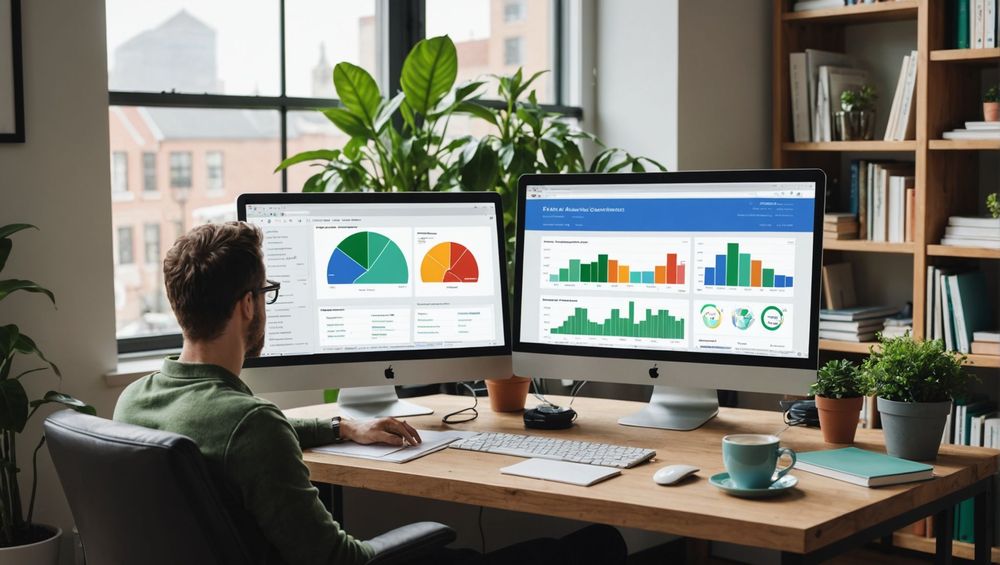Effective SEO isn’t a guessing game—it’s a science. In this article, we’ll reveal the best SEO tips straight from the mouths of seasoned SEO professionals. Our aim is to guide you through tried-and-tested strategies to optimize your website, boost rankings, and increase traffic. Let’s delve deep into these invaluable insights.
1. Prioritize Quality Content

Creating high-quality content should be your top priority. Search engines like Google prioritize websites that deliver value through well-researched, engaging, and original content. Quality content not only attracts readers but also encourages other sites to link back to you, which in turn improves your site’s authority. Ensure your content is rich with relevant information and strategically placed keywords.
To prioritize quality content:
- Research and understand your audience’s needs.
- Use accurate data, statistics, and case studies to back your points.
- Maintain a natural flow of keywords, avoiding keyword stuffing.
- Ensure your content is free from grammatical errors.
- Regularly update old content to keep it relevant.
2. Optimize for Mobile

Mobile optimization is no longer optional; it’s essential. With the increasing number of users accessing websites via mobile devices, search engines now prioritize mobile-friendly sites. A responsive design ensures your site looks good and functions well on all devices, providing a better user experience.
To optimize for mobile:
- Use a responsive web design framework.
- Optimize images to reduce loading times.
- Use larger fonts for readability on small screens.
- Ensure buttons and links are easily tappable.
- Test your site on multiple devices to check for compatibility.
3. Leverage Analytical Tools
Understanding the performance of your SEO efforts requires the use of analytical tools. Tools like Google Analytics and SEMrush provide insights into user behavior, traffic sources, and keyword performance. These tools help you identify what’s working and what needs improvement.
To effectively leverage analytical tools:
- Set up Google Analytics and integrate it with your website.
- Track metrics such as Page Views, Bounce Rate, and Average Session Duration.
- Use keyword research tools to find high-performing keywords.
- Regularly review and interpret your data to refine your strategy.
- Use A/B testing to determine the effectiveness of changes.
4. Master Internal and External Linking

Links are a crucial part of SEO, both internal and external. Internal links help search engines understand the structure of your site and promote certain pages, while external links (backlinks) from reputable sites can significantly boost your site’s credibility and ranking.
To master linking strategies:
- Include internal links to guide users and search engines through your content.
- Create a network of contextual links, not just navigational ones.
- Seek out high-authority sites for backlinks.
- Write guest posts on reputable sites to earn backlinks.
- Avoid linking to low-quality or spammy sites.
5. Focus on Page Speed
Page speed is a vital SEO factor that directly impacts user experience. A slow website can frustrate users, leading to higher bounce rates and lower rankings. Search engines favor fast-loading sites as they tend to offer a better user experience.
To improve page speed:
- Minimize HTTP requests by combining files.
- Enable browser caching to speed up repeat visits.
- Compress and optimize images for web use.
- Use a Content Delivery Network (CDN) to distribute your content efficiently.
- Minify CSS, JavaScript, and HTML code to reduce load times.
Conclusion
Implementing these SEO tips from experienced professionals can significantly enhance your website’s performance, visibility, and user engagement. High-quality content, mobile optimization, analytical tools, effective linking, and page speed are critical areas to focus on. Stay updated with SEO trends and continually refine your strategies to achieve optimal results.
FAQ
1. What is the importance of SEO in digital marketing?
SEO is crucial in digital marketing as it increases website visibility, drives organic traffic, and enhances user experience, leading to higher conversion rates and business growth.
2. How often should I update my website’s content?
Regular updates are recommended to keep your content relevant and valuable. Ideally, review and update your content every few months or whenever there are significant topic changes.
3. What are backlinks, and why are they important?
Backlinks are links from other websites to your site. They are important because they signal to search engines that your content is credible and worth linking to, which can improve your site’s ranking.
4. How can I improve my website’s loading speed?
Improving loading speed involves optimizing images, minimizing HTTP requests, enabling browser caching, using a CDN, and minifying CSS, JavaScript, and HTML files.
5. Can I do SEO on my own, or do I need a professional?
While basic SEO can be done on your own, hiring a professional can provide advanced strategies, tools, and insights that can more significantly boost your search rankings and overall site performance.


